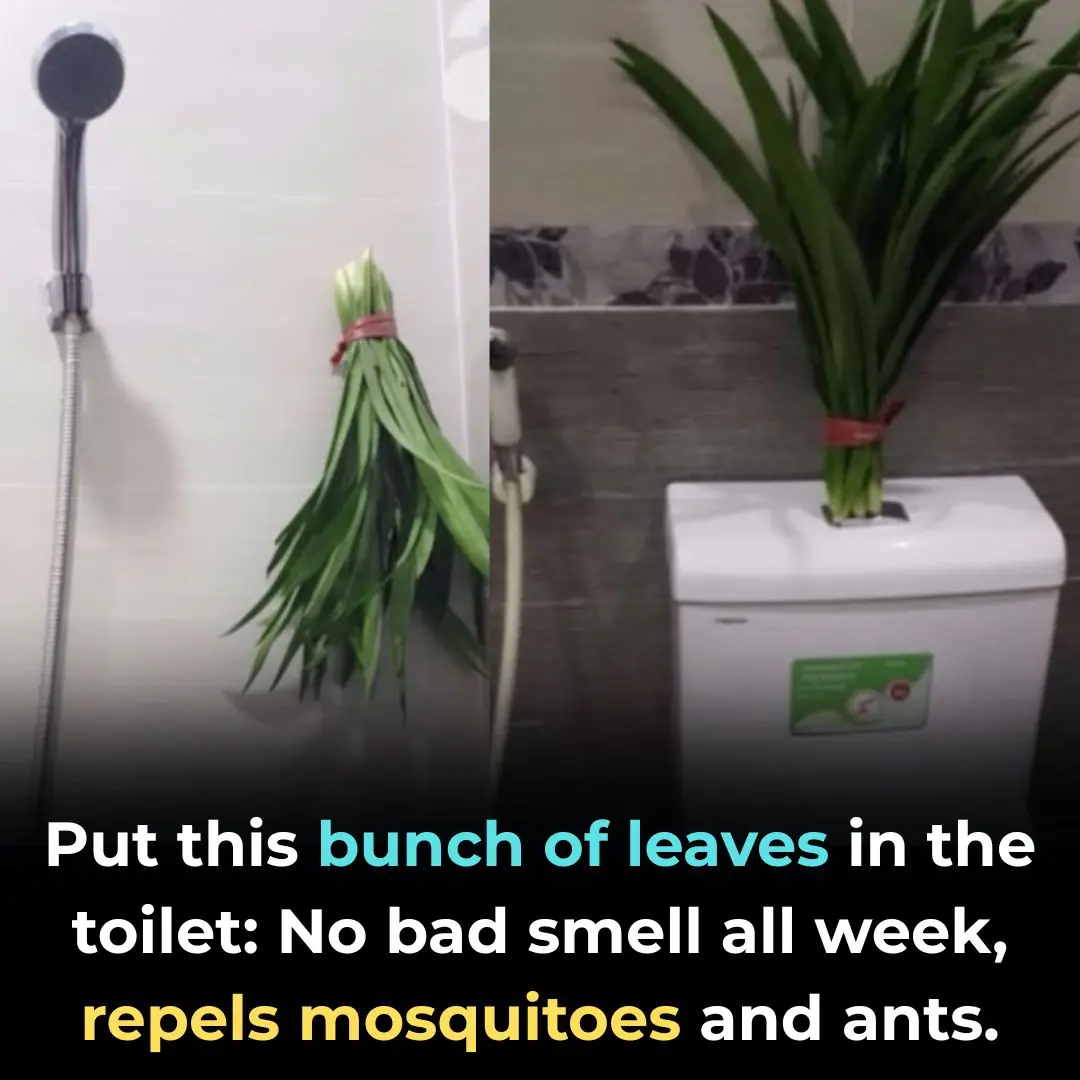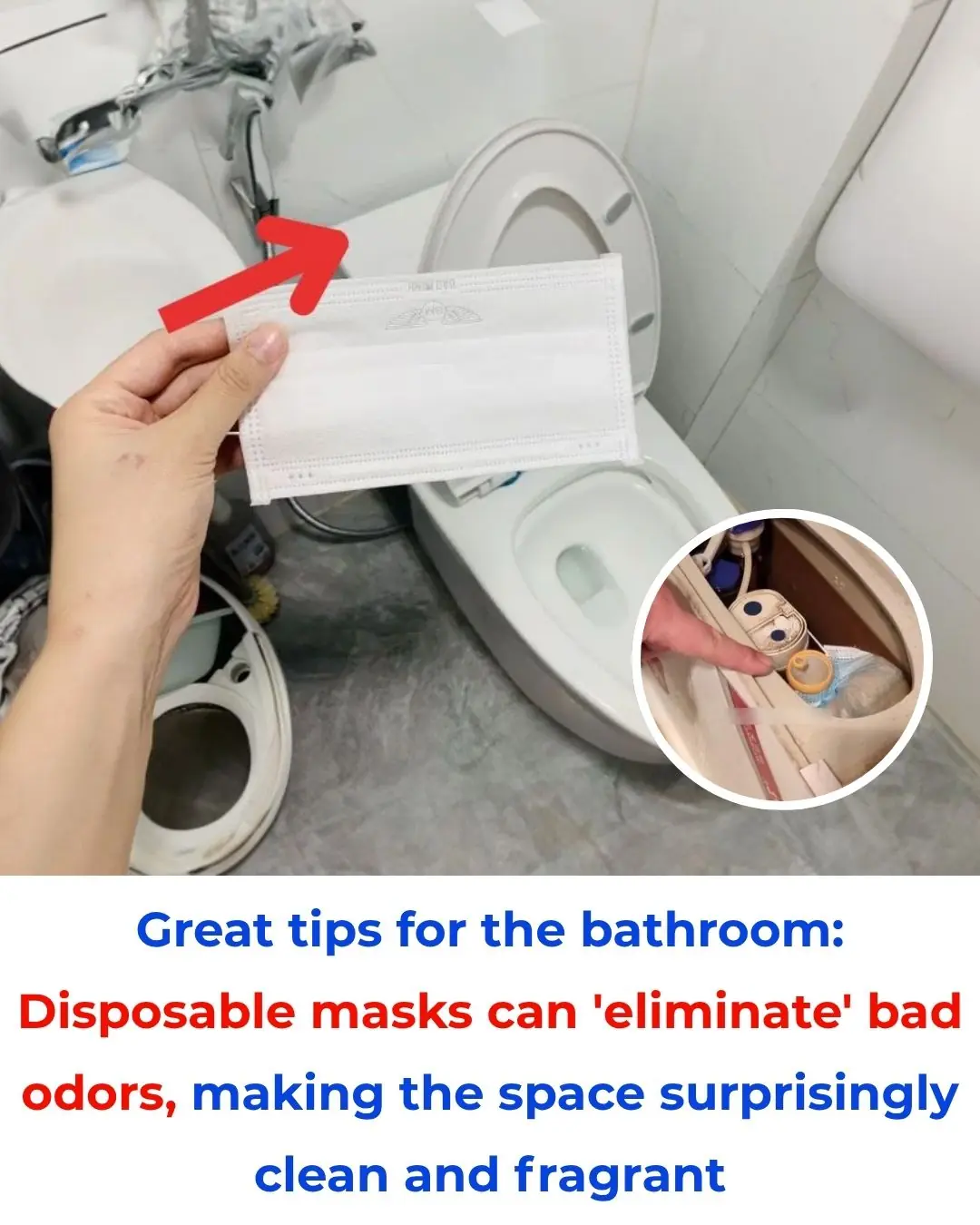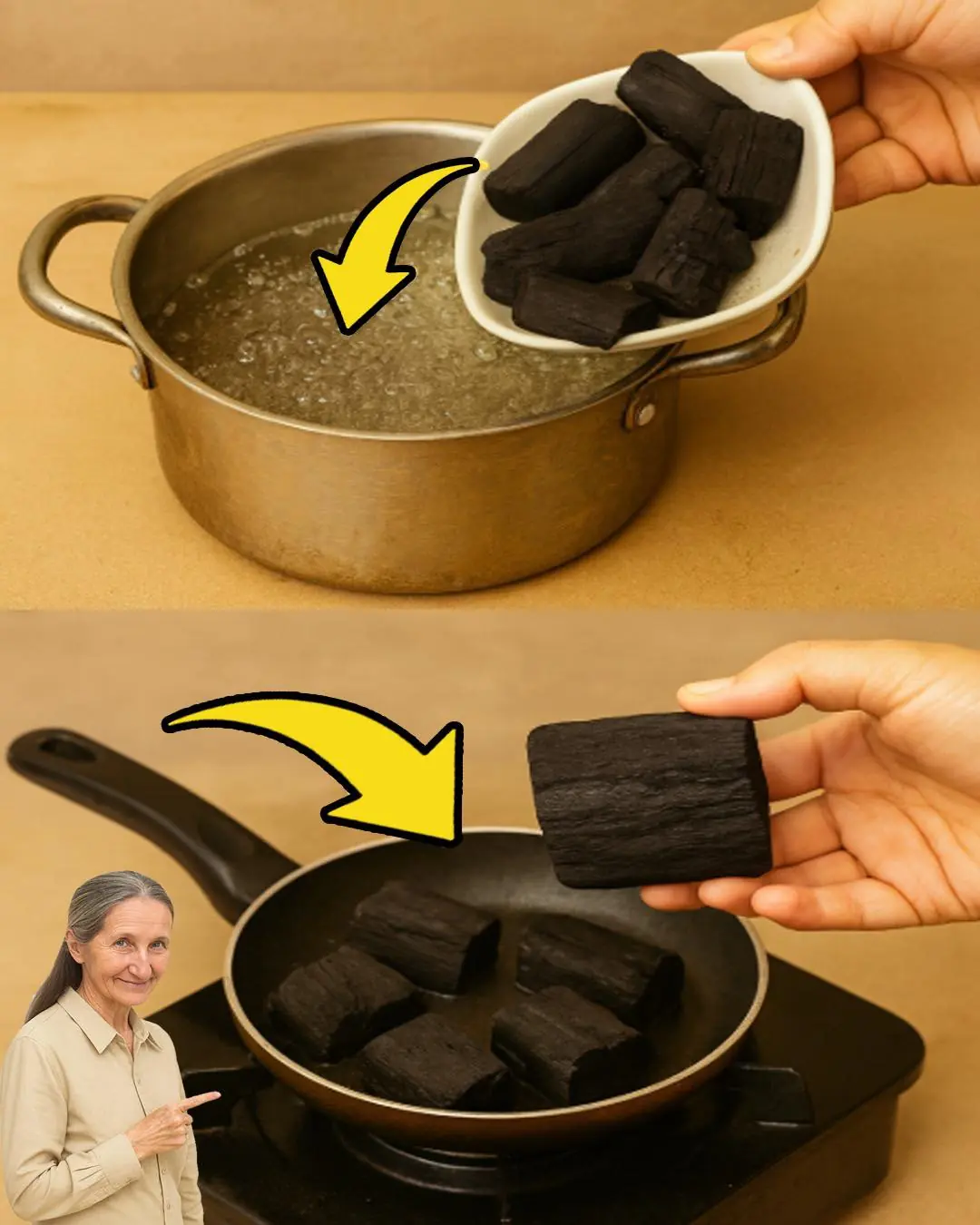
The air conditioner's condenser makes a loud noise like grinding rice. Don't call a repairman and waste money. If you can make the machine run smoothly, it won't cost you money.

The Outdoor Unit of Your Air Conditioner Is As Loud As a Rice Grinder? Don’t Call a Technician Yet — Try These Simple Fixes First!
When the outdoor unit of your air conditioner starts making loud, rattling noises — sometimes sounding like a rice grinder — it can be both annoying and worrying. Many households experience this problem, especially during the summer when air conditioners are used continuously.
Before you rush to call a technician and spend unnecessary money, it’s worth checking for a few simple issues that you might be able to fix yourself. In many cases, the noise comes from minor problems that can be resolved easily, helping your AC run smoothly and quietly again.
1. Missing or Worn-Out Rubber Pads
This is the most common cause of loud noise and vibration in outdoor AC units. The rubber pads under the unit (also known as vibration isolators) play an important role in reducing noise by absorbing movement from the compressor and fan.
Since the outdoor unit is exposed to sun, rain, and wind all year round, the rubber pads can become hard, cracked, or even disintegrate over time. When this happens, the unit loses balance, creating gaps that cause intense vibration and loud rumbling noises.
Loose mounting bolts can worsen the issue, making the fan shake violently while running.
✅ Quick fix: You can replace the old rubber pads yourself with new ones, or tighten the bolts holding the base. If your installer forgot to put in rubber pads in the first place, that’s a sign of poor workmanship — and you might want to find a more reliable technician next time.
2. The Outdoor Unit Hasn’t Been Cleaned for a Long Time
Many people remember to clean the indoor unit filters regularly but completely forget about the outdoor unit. Because it operates outside, dust, leaves, and debris can easily accumulate on the coils and fan.
When this buildup happens, the system has to work harder to release heat, causing the fan motor to strain and produce louder noise. A dirty condenser also reduces cooling efficiency and increases power consumption.
✅ Solution: Clean the outdoor unit every 3–6 months, or more often if you live in a dusty or coastal area. A quick rinse with a gentle water spray (while the power is off) can make a huge difference.
3. Foreign Objects Inside the Outdoor Unit

Another common reason for a noisy outdoor unit is that something has fallen inside it. Small animals such as lizards, rodents, or even insects can get trapped in the fan. Sometimes, leaves, twigs, or plastic debris are the culprits.
When the fan blades hit these objects, you’ll hear a clattering or grinding noise. In some cases, the fan may even stop spinning completely, causing a burning smell or further damage.
✅ Solution: Turn off the power immediately, open the protective grill, and remove any foreign objects carefully. After cleaning, check that the fan can rotate freely before turning the system back on.
4. The Fan Motor or Bearings Are Worn Out
If the noise sounds like squealing, screeching, or metallic grinding, the fan motor or its bearings may be wearing down. This is especially common during the rainy season, when water and dust can enter the motor housing. Lack of lubrication makes the parts rub together roughly, producing harsh noise.
Over time, the fan blades might also crack or become unbalanced, causing the entire unit to vibrate. In rare cases, wires inside the unit can come loose and brush against the spinning fan, adding to the noise.
✅ Fix: You can apply specialized lubricating oil to the motor shaft if it’s accessible. However, if the noise persists, it’s best to have the fan motor replaced before it causes further mechanical damage.
5. Incorrect Installation
Sometimes the problem isn’t the machine itself, but how it was installed. The outdoor unit is heavy and has most of its weight concentrated in the compressor block. If the mounting bracket or base isn’t perfectly level or securely anchored, the unit can become unbalanced and vibrate loudly.
Many inexperienced technicians only bolt one side of the bracket or fail to secure it tightly to the wall. As a result, when the fan runs at high speed, the whole unit shakes, producing a deep, continuous rumble.
✅ Fix: Check whether the mounting bracket is firm and stable. Both sides must be fastened evenly, and the surface should be solid and level. If needed, reinforce the base or re-mount the unit properly.
Final Tips for a Quiet, Efficient Air Conditioner
-
Regular maintenance: Schedule cleaning and inspection every 6 months.
-
Keep it dry: Protect the outdoor unit from heavy rain with a small canopy.
-
Listen early: Unusual sounds are an early warning — don’t ignore them.
-
Use vibration dampers: They’re inexpensive and can make a big difference.
By taking these simple preventive steps, you can keep your air conditioner running quietly and efficiently, without wasting money on unnecessary service calls. A well-maintained outdoor unit not only lasts longer but also saves energy and keeps your home cool all summer long.
News in the same category


Put this bunch of leaves in the toilet: No bad smell all week, repels mosquitoes and ants.

Great tip to help clams release sand in a snap: No need to soak for long, still clean

Whether you stock fish big or small, remember to add this fruit: The fish will no longer smell fishy, and it will be rich in fiber and nutrients.

Air conditioner leaks water, don't rush to call poetry to waste money. Just do it this way.

No need to throw away the pan that lost its non-stick coating: Add a few drops of this and the old pan will be like new immediately.

4 Dangerous Mistakes When Using an Air Fryer That Can Lead to Poisoning, Cancer, and Even Fires

The Secret of Our Hand to Show RICH or POOR…

Bananas that are ripe and turn black are thought to be thrown away, but unexpectedly are a nutritional "treasure" that few people know about

Great tips for the bathroom: Disposable masks can 'eliminate' bad odors, making the space surprisingly clean and fragrant

Save this for when you need it: How to cure 46 diseases with medicine-free tips

Why do gourmets always choose places with lots of leftover tissues when eating out?

Don't throw away leftover lemon peels in the kitchen, keep them for 5 great benefits

We were wrong to gradually move away from lard

Insert a cotton swab into a bottle of essential oil and place it anywhere for good results.

Moldy wooden cutting boards, can only be thrown away after washing with soap: Pour this on for 5 minutes and the cutting board will be as clean as new.

WARNING: Fake milk is spreading, how to distinguish REAL - FAKE powdered milk simply with just 1 cup of cold water

When frying eggs, don't just put green onions in. Learn from the Japanese and add this. It's both delicious and effective in preventing cancer.
News Post

‘Start Talking Like This, They Lost Their Hunger ‘: Bills Fans Panic. Slumping Josh Allen Says Wife Hailee Steinfeld Taught Him He’s More Than A NFL Player

Husband Sings Passionate Rendition of Al Green’s Let’s Stay Together for Wife’s Birthday

DIY Survival Water Filter – How to Make Clean Drinking Water Anywhere

Red Onion for Hair Growth: How This Overlooked Natural Remedy Can Stop Hair Fall and Boost Thickness Fast

7 Key things about Crabgrass

The Gentle Lion Who Just Wanted a Hug.

The Night Japanese Fans Taught the World a Lesson in Respect.

Siam Weed: A powerful remedy for multiple ailments

New Research Finds a Way to Treat Late-Stage Cancer—Bringing Hope to Millions

Strokes and heart attacks don’t give warnings. But this could help you fight back—before it’s too late

From Milk Bottles to Mud Baths: The Remarkable Journey of Raising a Baby Elephant.

The Mail Carrier Who Delivered a Second Chance.

A Small Act of Kindness That Touched Everyone’s Heart.

A Love That Refuses to Give Up.

A $5 Lesson in Kindness That Changed a Father’s Heart.

A Moment Between Life and Instinct: The Cheetah and the Newborn Gazelle.

Do Elephants Have Personalities? A Student’s Heartfelt Study Reveals the Souls Behind the Giants.

A Child’s Cry, An Officer’s Instinct.

The Biker and the Cop: A Reunion After 31 Years.
